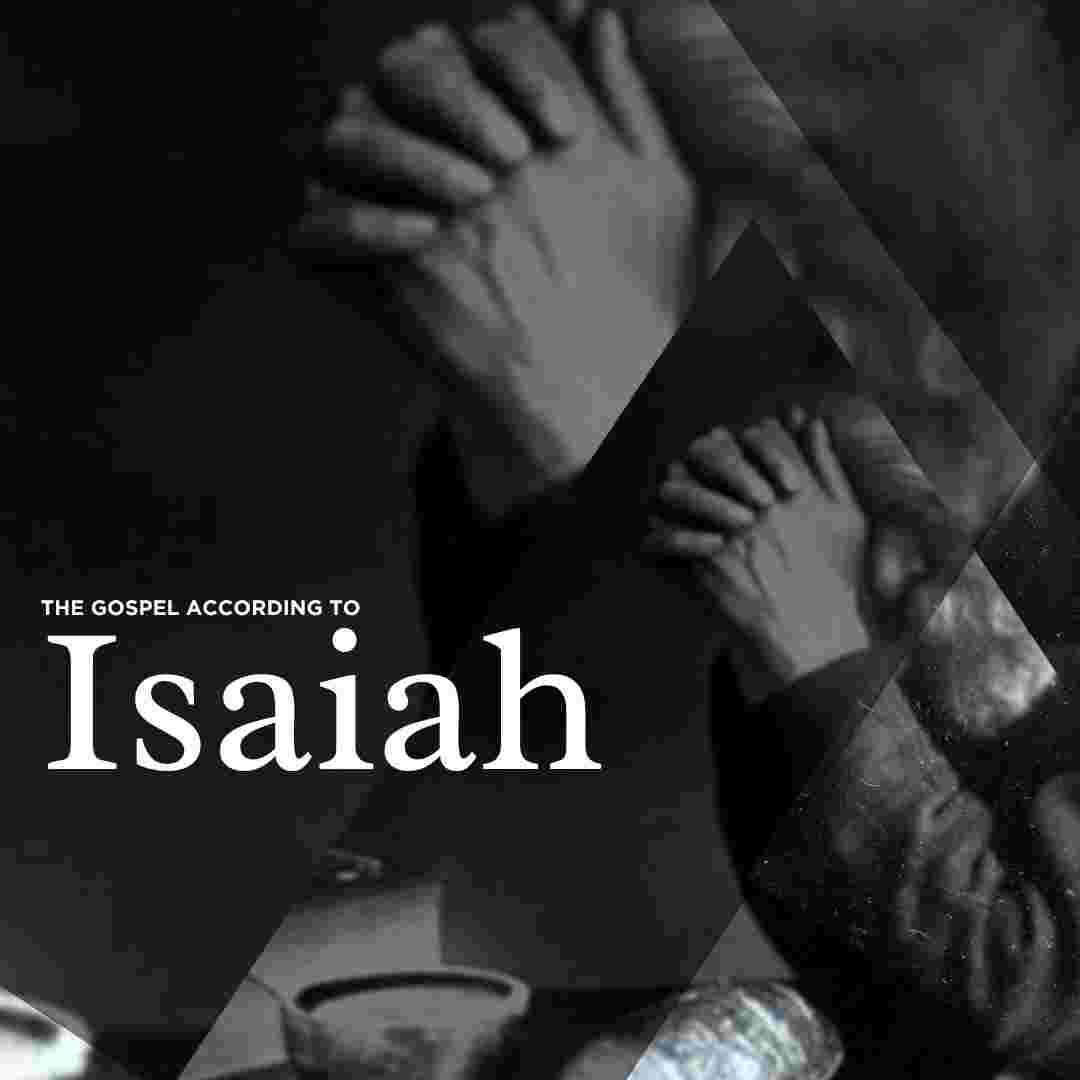

Isaiah 3 paints a sobering picture of a nation under judgment—but also of a God who still longs to restore. The Lord tells Judah that He will “take away from Jerusalem and from Judah the stay and the staff… the whole stay of bread, and the whole stay of water” (Isa. 3:1). In other words, God will remove everything they’ve been leaning on—food, water, wise leaders, and skilled workers—because His people have leaned on those things instead of Him.
Sometimes, in His mercy, God removes the props in our lives. When the things we trust more than Him are shaken or stripped away, it’s not because He delights in our loss—it’s because He desires our hearts. He knows that false supports keep us from standing on the Rock that cannot move (Ps. 18:2).
The chapter describes a society that’s unraveled. Children rule over the people; the young mock the old; everyone is oppressed and confused (Isa. 3:4–5). When God is no longer honored, disorder follows. We see echoes of this in our world today—authority mocked, morality reversed, confusion spreading. The same spiritual law still applies: when people forsake the fear of the Lord, they lose wisdom and peace (Prov. 9:10).
Isaiah doesn’t stop with social collapse; he shows how it begins in the heart. The people’s “tongue and their doings are against the Lord” (Isa. 3:8). Their speech and behavior grieve Him. They parade sin openly, “declaring their sin like Sodom” (v. 9). It’s not that they’ve stumbled in weakness—they’ve grown proud in rebellion. Yet even here, God’s justice is mingled with mercy: “Say to the righteous that it shall be well with him” (v. 10). When judgment falls, the righteous need not fear. God sees, protects, and rewards those who walk with Him.
The prophet also confronts the leaders of the people for devouring God’s vineyard—taking advantage of the poor while claiming to represent Him (vv. 14–15). It reminds us how much the Lord cares for justice and humility. He never overlooks oppression. Whenever power is used to exploit rather than to serve, He promises to bring it low.
Isaiah then turns to the proud daughters of Zion, whose outward beauty masks spiritual decay (vv. 16–24). Their jewelry and fine clothes will be stripped away; their vanity will become shame. God isn’t condemning adornment—He’s exposing pride. Peter would later echo this: “Your beauty should not come from outward adornment… but from the inner self, the unfading beauty of a gentle and quiet spirit” (1 Pet. 3:3–4). The Lord treasures the kind of beauty that doesn’t fade with time—the radiance of holiness and love.
By the end of the chapter, the proud have fallen, the idols are gone, and only the Lord remains exalted. This is what God’s refining work always aims for—to bring us to the place where He alone is our strength and glory.
When we see instability in the world, or when personal trials strip away what we’ve depended on, Isaiah 3 invites us to look up, not around. The Lord is still on His throne. His purpose in every shaking is to call His people back to Himself.
May we be among the remnant who humble ourselves before Him, who walk in quiet faith and courage, and who find in Christ our true security. “The Lord is my rock and my fortress and my deliverer… in Him will I trust” (Ps. 18:2).
Koinonia Fellowship
Sundays at 8:30a and 10:30a
500 Main St. East Rochester, NY 14445